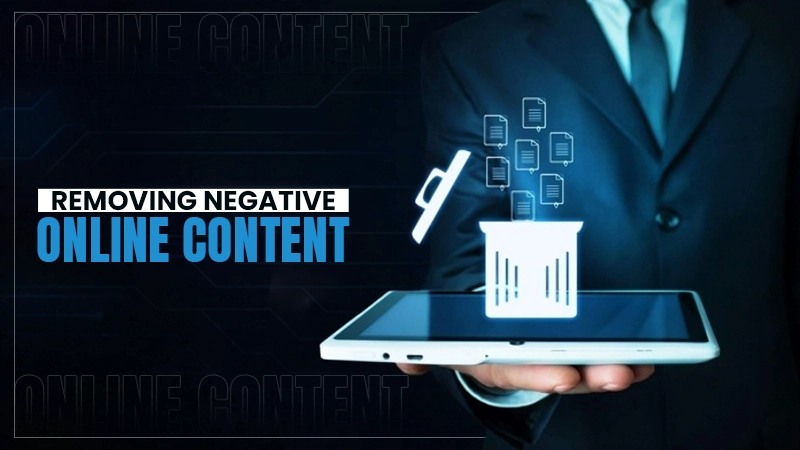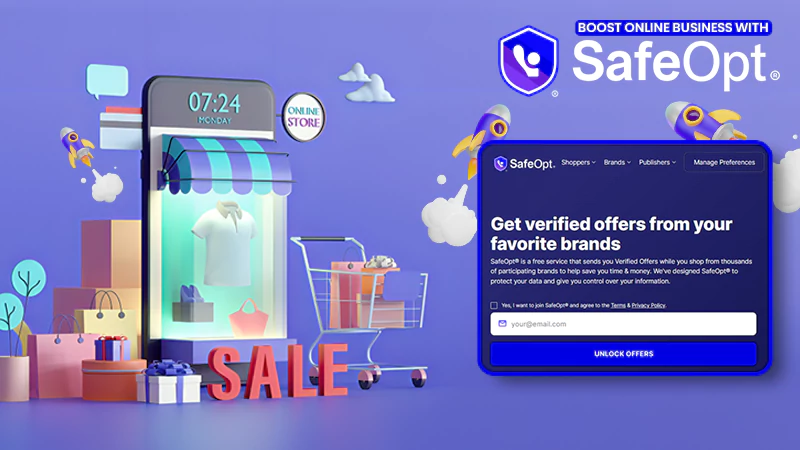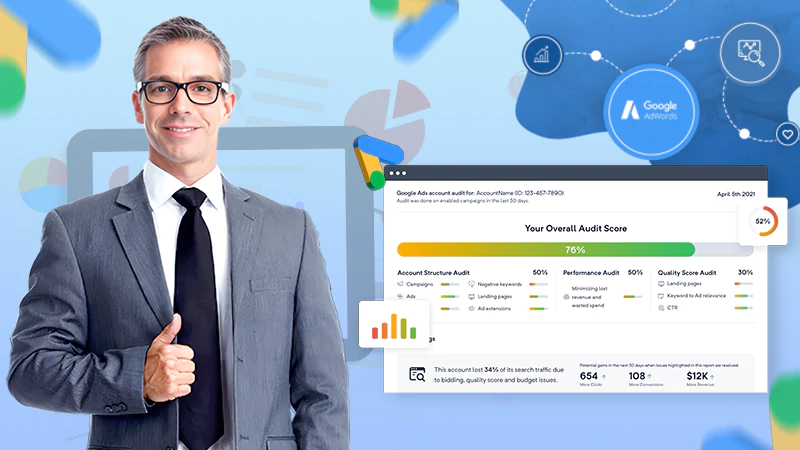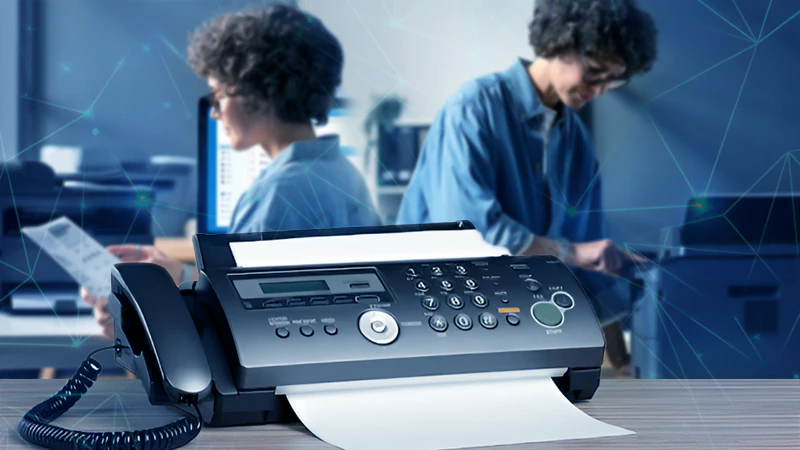How Can I Be Sure That My Business is Large Enough to Warrant the Use of a CRM Platform?
Customer relation management (CRM) software is used by many large businesses and organizations to facilitate the smooth running of client relations as well as to generate and manage the lead process. But can CRM solutions deliver benefits to small businesses, too – and how do you know if you need one? We explore the answers to these questions below.
What is CRM?
Let’s start with the basics. CRM software allows a business to both stores and interrogate large amounts of customer data and is designed to optimize a business’ relationship with its customers and ensure that every interaction is a high-quality one. The information it provides can be used to keep previous clients coming back, as well as generate new leads, and allow all team members to see at which stage in the pipeline potential deals are at. Some software also allows for automated emailing and scheduling.
Is CRM Only for Large Businesses?
While in the past, this may have been the case, now there are many affordable CRM solutions designed specifically for small businesses that can be scaled up as your business grows. Let’s have a look at how CRM can specifically help small businesses and why it’s worth getting on board with this software.
Also, Read: Technology Resolutions for a New Business
It’s Affordable
Many types of CRM platforms and software are much more inexpensive than you may think. If you run a small business and are not sure whether or not CRM is a good investment, then you could consider trialing a free package, such as this one:
https://www.top10.com/crm/reviews/hubspot, which is a free version of a premium package, and an ideal way to try out a CRM system without committing funds. Impressively, this free solution allows for unlimited users and the addition of up to one million contacts; it offers tools for both sales, customer support, and marketing teams, and easily integrates with Gmail, G Suite, and Outlook.
It’s User Friendly
CRM systems, https://crm.org/crmland/what-is-a-crm, are typically extremely user-friendly, meaning that no technical expertise is required, another factor that makes them very appealing to small businesses that may have limited staff numbers. Most feature simple drop-down menus and reporting tools that are simple to navigate.
It’s Perfect for Growing Businesses
If your business is small, possibly even in the start-up phase, but you believe that it will scale up quickly, then incorporating a CRM solution in the early stages could be beneficial to this end. In this scenario, building CRM into your strategy from the get-go makes sense, rather than incorporating it, and exporting client data across, once you’re already established. Having CRM in place as soon as possible also means that onboarding staff members can get to grips with it as soon as they hit the ground, rather it being a new system to learn for an existing workforce.
It’s Great for Optimizing Workflow
One of the key benefits that a CRM can deliver to both large and small businesses is its opportunity to create an efficient workflow between all members and departments of a business. Even if your team is small, CRM allows for each colleague to be aware of what leads others are pursuing or what targets still need to be met; it effectively aligns teams, which can result in more productive working and, for the customer or client, a cohesive and consistent brand experience every time they interact with your business.
It’s a Cost-Effective Marketing Tool
Finding ways to market a service or product can be tricky for small businesses, which may not have the financial resources, or online brand presence, like their larger cousins. CRM software can help with this, too, in the creation of automated email campaigns which have the potential to reach a vast number of potential clients and leads.
Personalization can be fundamental in the success of marketing: use your CRM to filter your clients and leads so that promotional material and communication can be precision-targeted to see the best results.
What Businesses May Not Need CRM Solutions?
Of course, CRMs may not be necessary for every single business. For example, if you’re at the point of developing an idea but haven’t yet formulated a business plan or identified your target market, then it’s probably not the right time to commit to a specific CRM package, as you could risk choosing one that turns out to be unsuitable with regards to your end business model.
Similarly, if you run a very low-tech side business (you make and sell clothes at local markets, for example) that you don’t wish or plan to scale, then CRM is an unnecessary expense, too.
Additionally, if you are an online retailer, then you may be able to access all the analytical information needed to support your customer relations and marketing processes through your point of sale platform.
How to Choose CRM Software
If you’ve decided to incorporate a CRM solution into your business processes, then, first of all, think about the marketing strategy that you want it to support to ensure you will choose software that’s the best fit. Consider mobile functionality, too, if you want to access features on the go or off-site. Lastly, look for a type of CRM that can integrate slickly with your team and method of working so that it can support your business fully.
Next, Read: CTO as a Service is the Best Reason for Business
The Challenges and Benefits of Removing Negative Online…
Unlock the Simplest Way to Access LaSRS Login…
Strategic Wins: How SafeOpt Can Boost Your Online…
5 Reasons Why Marketing Matters in Business?
Google Ads: What Are the Basic Checklists to…
The Crucial Role of Press Releases in a…
8 Best Tech Tips to Implement for Better…
Fax Machines in the Digital Age: A Sustainable…
Breaking Barriers: The Power of Business Translation Services
Why Do Businesses Need a Dedicated Mobile App?
The Role of Onboarding in Improving Employee Retention…
3 Major Benefits of Onsite IT Support












